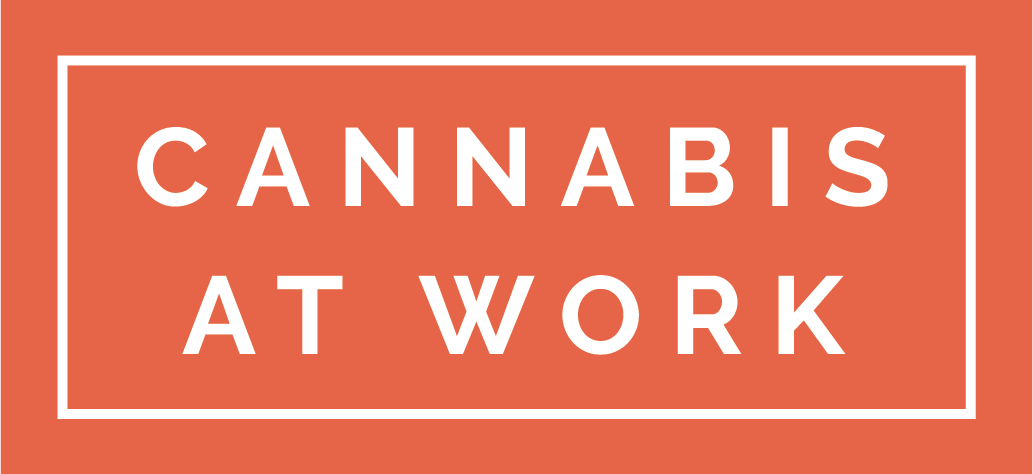There are a number of reasons why you might approach your employer about your medical marijuana use.
The first and most obvious is that you hold a safety sensitive position at work and are acting on your duty to report a potential hazard. If you are impaired by medical marijuana, meaning there is a chance it impacts your ability to do work safely, then you need to come forward to your employer. This is your responsibility under Occupational Health & Safety legislation.
Another reason you may come forward is if you are need to consume cannabis on a frequent basis. Some patients need to consume it every few hours. One example would be to reduce the symptoms of a movement disorder caused by MS, ALS or Parkinson’s Disease, to name a few. You may need to let your employer know so they can grant permission for breaks or some other form of accommodation.
In either case, the employer has a duty to accommodate your medical disability and the treatment that follows.
There is no requirement for employees who do not hold a safety sensitive position to report their medical cannabis use to their employer at this time. However, there are obvious reasons why transparency would make sense.
If you are going to speak to your employer, here are some things to consider:
1. Know your rights and responsibilities. You have a responsibility to participate in an employer’s request for medical information so they can plan for accommodation.
Employers may request information about:
- Your prognosis for recovery
- Your fitness to return to work (if you’ve been off)
- Your fitness to perform specific components of the job
- Any work restrictions
Although the employer is entitled to know your prognosis, they are not entitled to your diagnosis. (A diagnosis is an explanation of what is causing the illness or injury. A prognosis is the likely outcome of the illness or injury.)
Also, read up on the employer's drug and alcohol policy. You should be familiar with your responsibilities under any internal policies, if they exist.
2. Have your documentation in order. You should have your medical documentation in order and be prepared to show that you have a physician’s prescription for medical marijuana.
Employers are not required to accommodate you if you don’t have a valid prescription and are getting your marijuana from an illegal or “grey market” supplier. This was confirmed in French vs. Selkin Logging where a termination was upheld by the courts because the employee, French, did not have valid documentation under the Marijuana for Medical Purposes Regulations (MMPR).
3. Be as forthcoming as possible. Outside of your responsibilities to participate in the accommodation process, you should decide how forthcoming you are willing to be. I would suggest that the more facts you are willing to share about your situation, the more the employer will understand. This will likely make them more comfortable and reduce the number of assumptions they make about your situation. However, this decision is up to you.
4. Confirm confidentiality. Only those people who “need to know” about your medical cannabis use in the workplace should know. Employee medical information should always be held in confidence. Discuss who will be privy to this information in the company and your preferences in regards to confidentiality.
5. Be proactive and helpful. If you have ideas about how the employer could accommodate you, offer these upfront. Try to be proactive and work with the employer to find a solution.
Remember that the accommodation doesn’t have to be perfect, meaning you may not be thrilled with the options. But this doesn’t mean you can simply reject them. In fact, doing this would paint you in a bad light. If the accommodation options are reasonable, you should accept one of the alternatives.
6. Be prepared for an unexpected response from others. Medical cannabis is a relatively new trend and many people aren’t educated on the topic. There is still a strong stigma that exists and it could be present in your workplace. You may find that people are surprised but also uncomfortable. Don’t take this personally and allow people time to adjust.
7. Be professional. Approach the meeting with the employer in a professional manner. This will give your credibility. If your co-workers do know (or find out) maintain a professional personality. If they joke about your cannabis use I would recommend you keep a neutral attitude… don’t get mad but don’t participate in the joking. If you ignore it, it will likely go away.
8. Be perseverant. I’m not saying this is going to be easy. I hope it is, but there could be challenges. Keep moving forward with a positive attitude. You can’t control other people but you can control your own approach.
If you approach your employer with these 10 tips in mind it will help to make the process more manageable for both parties.

